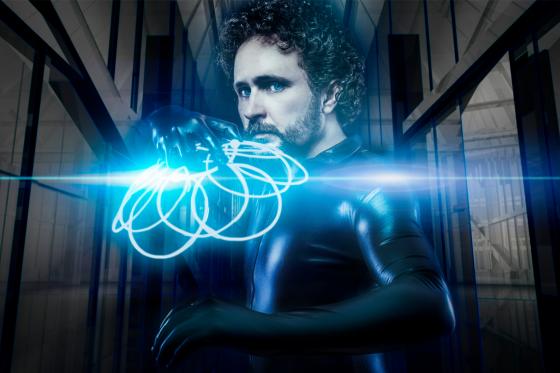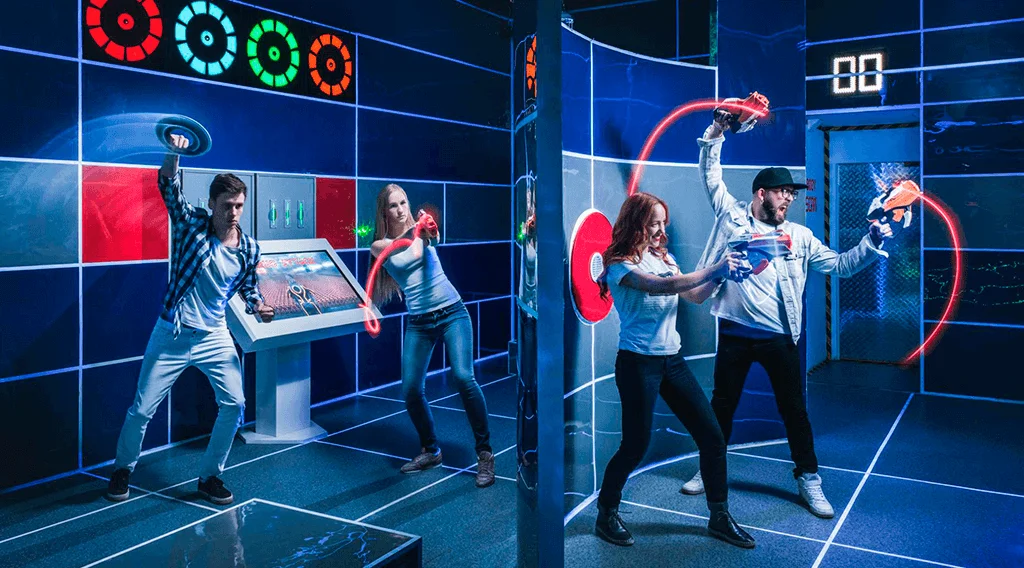Family-Friendly Fun: Are Escape Rooms in Calgary Good for Kids?

Calgary long ago stopped being only the capital of rodeo and lookouts over the Rockies. In the past five years the city has seen an explosion in demand for escape rooms, and more and more parents are asking whether a room-escape is really a safe, useful, and fun family adventure. The short answer is yes—provided you weigh a few important factors in advance: age, theme, and difficulty level. Escapehour has put together a detailed guide to help you pick the perfect "room of escape" for children and beat the clock together with them.
Why a family escape is more than just entertainment
Solving puzzles together brings a family closer than any trip to the movies or visit to a family café. Psychologists point out the following advantages:
- Screen-free communication. Players solve puzzles, hunt for hidden keys, and learn to talk without gadgets. While the timer ticks, an invisible but valuable learning process happens.
- Team coordination. Children learn to express ideas; adults learn to listen and delegate; the result is a shared action strategy.
- Critical thinking. Ciphers and mechanical puzzles develop cause-and-effect reasoning better than standard logic lessons.
- Controlled adrenaline. Gentle competition with the clock teaches stress-management in a safe setting.
- Physical activity. Many kids’ rooms include laser mazes or multi-level searches, adding movement.
- Strengthened family bonds. A shared victory forms a warm memory everyone wants to revisit.
The impact is felt after the very first visit: children become bolder about offering ideas, and parents spot new leadership traits in them. Two or three tries at cracking a lock code and the family starts speaking a "common language", making decisions faster and dividing roles better. As a bonus, an hour without phones flies by, and the charge of impressions lasts all week.

How to choose a family-friendly escape room in Calgary
Despite the many offers, not every room suits all age groups equally. Escapehour has created the most convenient conditions for whole-family visits. Each of our adventures is designed to delight parents and children alike—our main goal.
Age criteria we consider
If the youngest participant is six to eight years old, we recommend choosing scenarios with bright décor and a clear storyline, where the clues are easy to grasp without complicated math. "Kids-Friendly" rooms usually run for a shorter time and provide more frequent hints from the game master. Preteens aged 10–13 will enjoy detective investigations featuring light effects but no horror elements. Older school-age children should look for quests with parallel tasks so each player can work autonomously and avoid boredom.
Besides age, factor in puzzle difficulty and physical elements:
- Laser corridors or tight crawl-throughs thrill teens but may be tough for younger kids.
- The plot must interest every team member, so consider their hobbies.
- An adjustable hint system lets the master soften challenges in real time.
After selecting a room, talk to your kids about expectations: explain that only the clock can be "scary" and staff are always nearby. Children will enter with excitement, not anxiety, and can fully immerse themselves in the story. Remember, kids interpret most experiences through how you present them. Share your own escape-room stories, offer tips you’ve learned, and brief them on possible in-game situations. That chat adds confidence and makes a first visit truly memorable.

A well-chosen room brings the family together
The key is matching theme and difficulty to age, confirming safety conditions, and arranging a hint system with the game master. Then an hour in the room becomes a joint adventure that unites the family and leaves genuinely warm memories. In the end, the most valuable moment in any scenario is when the whole family unlocks the final lock together and happily poses in front of the scoreboard with their winning time.
FAQ
Why is an escape room a good family leisure option?
It combines play, learning, and emotional bonding: kids develop logic and teamwork while parents see them in new roles. It’s an hour without gadgets yet packed with shared impressions.
From what age can you bring a child to an escape room?
Usually from 6–8 years—just choose a simple storyline and "Kids-Friendly" format. Teens can handle more complex rooms with parallel tasks and special effects but without horror.
How do you prepare a child for the first escape room?
Explain how everything works, assure them staff are always close, and agree on a hint system. This talk removes tension and makes the first experience pleasant and exciting.




